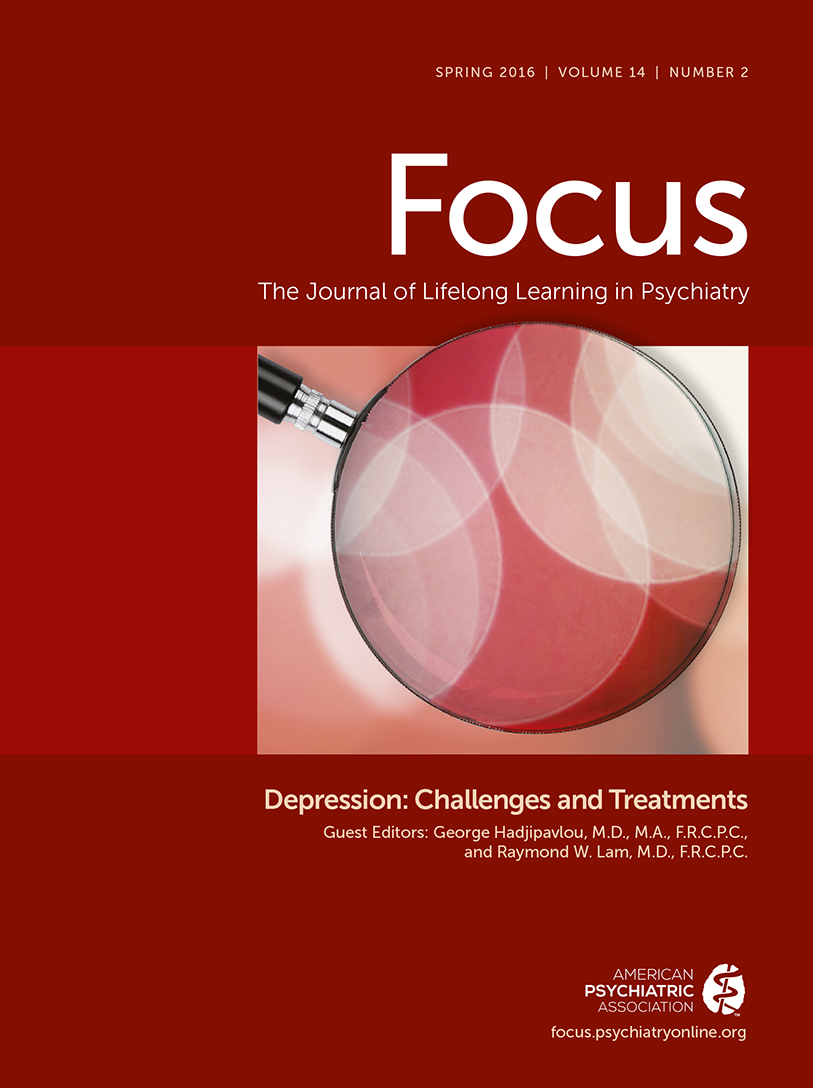Deconstructing Diabetes and Depression: Clinical Context, Treatment Strategies, and New Directions
Abstract
Depression and diabetes are common, chronic, and frequently comorbid diseases that contribute substantially to global disability and mortality. Their relationship is bidirectional: depression increases the risk of developing type 2 diabetes mellitus (T2DM), and diabetes increases the risk of depression. Unhealthy lifestyles and poor self-care by patients with depression contribute to the increased T2DM risk. The psychosocial burden of a diabetes diagnosis and its eventual complications predispose diabetic patients to depressive symptoms. Neuroendocrine alterations and inflammation may underlie the increased risk of T2DM in depression but are also proposed as common causative factors for both illnesses. Screening for depression is essential in T2DM, and vice versa. Selective serotonin reuptake inhibitors effectively treat depression of patients with diabetes and positively influence glycemic control. Psychological interventions are effective for depressive symptoms, but their effect on glycemic control varies. Novel depression interventions targeting inflammation or insulin resistance underscore the common biological underpinnings of mood and metabolism.



